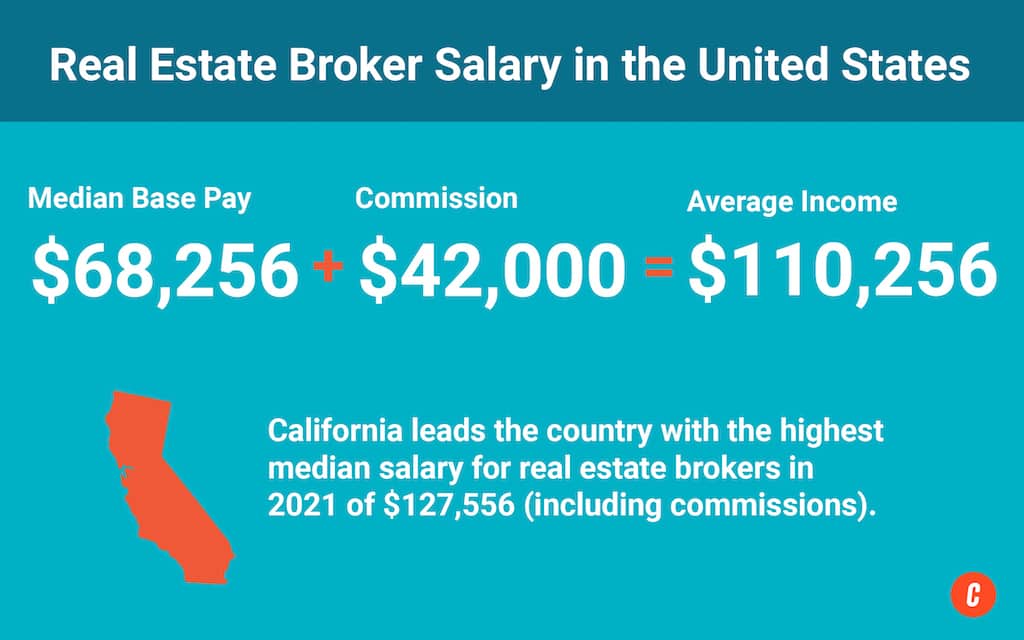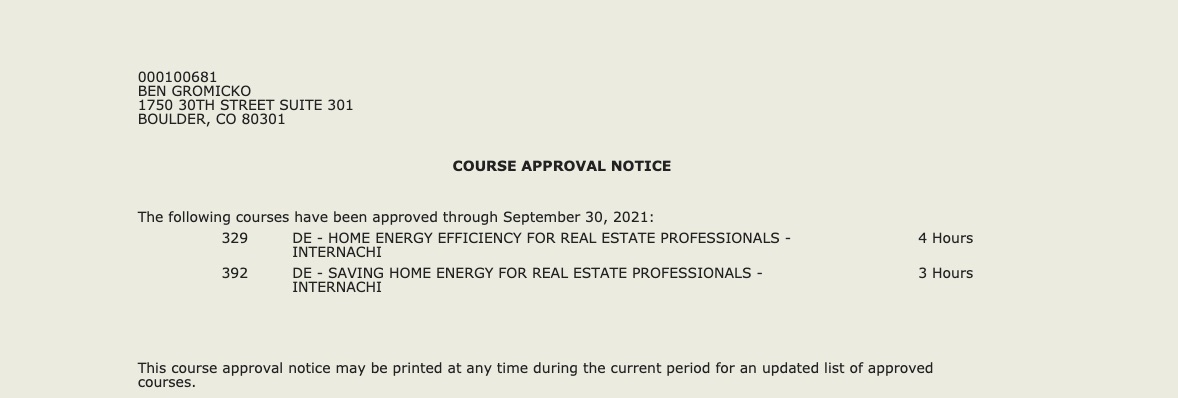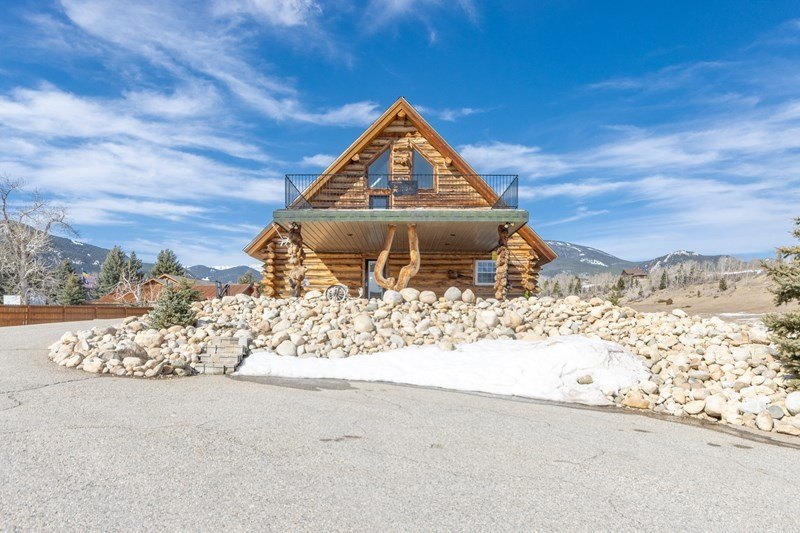
Maine has a lot to offer for people looking to start a new real estate career. It is a state that offers reciprocity with all 50 states, and its real estate market has been booming in recent years. It also offers a variety of licensing courses to help prospective agents obtain a license.
Get Your Real Estate License in Maine
The first step to getting your real estate license in Maine is to enroll in a 55-hour prelicensing course. You can choose to take this class in a classroom setting or via online courses. It is important to find a course that suits your learning style and is offered at a price that you can afford.
Once you have completed your prelicensing course, you can schedule the Maine real estate exam. You will need to pass the test with a 75% score in order to receive your license. The exam is a combination of general practice questions and Maine law questions. It is administered by the Maine Real Estate Commission and uses a system called Pearson VUE to administer the test.

You can prepare for the Maine exam by taking a pre-licensing exam prep course that will cover all of the required topics. This course is generally self-paced and includes study materials like practice tests, flashcards, and other resources to help you get ready for the exam. Some of these courses even offer a "guarantee" that you will pass your test on your first attempt.
The Real Estate Learning Group (TRELG) has a wide range of courses and learning formats. They are perfect for anyone who loves the flexibility of an online course and enjoys learning from experts who are well-versed in the real estate industry. TRELG also offers hybrid learning, which is a mix of both in-person and online classes.
This company has more than 30 years of experience in the real estate industry and provides exceptional learning materials that make it easy for students to grasp the concepts they are learning. It also offers instructor support through phone calls or email.
If you are unsure whether a real estate career is for you, The Center for Real Estate Studies has a free career counseling session that will help you determine if this is the right path for you. They also offer a free Start Smarter Kit that includes a 55-page book that describes a day in the life of a real estate agent and a spreadsheet that will show you what your income and expenses might be.

In addition to the classroom learning, The Real Estate Learning Group also offers a livestream option that allows you to learn with the help of instructors in a convenient livestream setting. This is a great choice for people who enjoy the flexibility of a self-paced course and are willing to invest a little more money than some other options.
Lastly, The CE Shop has a huge selection of continuing education courses that are designed for brokers and will keep you up to date on the latest issues in the industry. The platform is easy to use and makes it simple for brokers to complete their CE requirements.
FAQ
How much money will I get for my home?
It depends on many factors such as the condition of the home and how long it has been on the marketplace. The average selling price for a home in the US is $203,000, according to Zillow.com. This
How many times can I refinance my mortgage?
It depends on whether you're refinancing with another lender, or using a broker to help you find a mortgage. You can refinance in either of these cases once every five-year.
What should I do if I want to use a mortgage broker
A mortgage broker may be able to help you get a lower rate. Brokers can negotiate deals for you with multiple lenders. Some brokers receive a commission from lenders. Before signing up for any broker, it is important to verify the fees.
How can I find out if my house sells for a fair price?
If you have an asking price that's too low, it could be because your home isn't priced correctly. If you have an asking price well below market value, then there may not be enough interest in your home. To learn more about current market conditions, you can download our free Home Value Report.
What are the key factors to consider when you invest in real estate?
The first step is to make sure you have enough money to buy real estate. You can borrow money from a bank or financial institution if you don't have enough money. Also, you need to make sure you don't get into debt. If you default on the loan, you won't be able to repay it.
You should also know how much you are allowed to spend each month on investment properties. This amount should include mortgage payments, taxes, insurance and maintenance costs.
Also, make sure that you have a safe area to invest in property. It would be best to look at properties while you are away.
How long does it take to get a mortgage approved?
It depends on several factors including credit score, income and type of loan. It usually takes between 30 and 60 days to get approved for a mortgage.
Statistics
- Some experts hypothesize that rates will hit five percent by the second half of 2018, but there has been no official confirmation one way or the other. (fortunebuilders.com)
- This seems to be a more popular trend as the U.S. Census Bureau reports the homeownership rate was around 65% last year. (fortunebuilders.com)
- When it came to buying a home in 2015, experts predicted that mortgage rates would surpass five percent, yet interest rates remained below four percent. (fortunebuilders.com)
- It's possible to get approved for an FHA loan with a credit score as low as 580 and a down payment of 3.5% or a credit score as low as 500 and a 10% down payment.5 Specialty mortgage loans are loans that don't fit into the conventional or FHA loan categories. (investopedia.com)
- This means that all of your housing-related expenses each month do not exceed 43% of your monthly income. (fortunebuilders.com)
External Links
How To
How to Manage a Rental Property
Although renting your home is a great way of making extra money, there are many things you should consider before you make a decision. This article will help you decide whether you want to rent your house and provide tips for managing a rental property.
Here's how to rent your home.
-
What do I need to consider first? Consider your finances before you decide whether to rent out your house. You may not be financially able to rent out your house to someone else if you have credit card debts or mortgage payments. Your budget should be reviewed - you may not have enough money to cover your monthly expenses like rent, utilities, insurance, and so on. This might be a waste of money.
-
How much does it cost for me to rent my house? There are many factors that go into the calculation of how much you can charge to let your home. These factors include the location, size and condition of your home, as well as season. Prices vary depending on where you live so it's important that you don't expect the same rates everywhere. The average market price for renting a one-bedroom flat in London is PS1,400 per month, according to Rightmove. This means that you could earn about PS2,800 annually if you rent your entire home. It's not bad but if your property is only let out part-time, it could be significantly lower.
-
Is it worth it? It's always risky to try something new. But if it gives you extra income, why not? Be sure to fully understand what you are signing before you sign anything. You will need to pay maintenance costs, make repairs, and maintain the home. Renting your house is not just about spending more time with your family. You should make sure that you have thoroughly considered all aspects before you sign on!
-
Are there benefits? You now know the costs of renting out your house and feel confident in its value. Now, think about the benefits. Renting your home is a great way to get out of the grind and enjoy some peace from your day. Whatever you choose, it's likely to be better than working every day. If you plan well, renting could become a full-time occupation.
-
How can I find tenants? Once you've made the decision that you want your property to be rented out, you must advertise it correctly. Start by listing online using websites like Zoopla and Rightmove. You will need to interview potential tenants once they contact you. This will allow you to assess their suitability, and make sure they are financially sound enough to move into your house.
-
How can I make sure I'm covered? If you don't want to leave your home empty, make sure that you have insurance against fire, theft and damage. You will need to insure the home through your landlord, or directly with an insurer. Your landlord will usually require you to add them as additional insured, which means they'll cover damages caused to your property when you're present. However, this doesn't apply if you're living abroad or if your landlord isn't registered with UK insurers. In such cases, you will need to register for an international insurance company.
-
It's easy to feel that you don't have the time or money to look for tenants. This is especially true if you work from home. But it's crucial that you put your best foot forward when advertising your property. Make sure you have a professional looking website. Also, make sure to post your ads online. Additionally, you'll need to fill out an application and provide references. While some people prefer to handle everything themselves, others hire agents who can take care of most of the legwork. In either case, be prepared to answer any questions that may arise during interviews.
-
What happens once I find my tenant If there is a lease, you will need to inform the tenant about any changes such as moving dates. If you don't have a lease, you can negotiate length of stay, deposit, or other details. Keep in mind that you will still be responsible for paying utilities and other costs once your tenancy ends.
-
How do you collect rent? When the time comes for you to collect the rent you need to make sure that your tenant has been paying their rent. You'll need remind them about their obligations if they have not. Any outstanding rents can be deducted from future rents, before you send them a final bill. If you're having difficulty getting hold of your tenant you can always call police. The police won't ordinarily evict unless there's been breach of contract. If necessary, they may issue a warrant.
-
What are the best ways to avoid problems? While renting out your home can be lucrative, it's important to keep yourself safe. Install smoke alarms, carbon monoxide detectors, and security cameras. Also, make sure you check with your neighbors to see if they allow you to leave your home unlocked at night. You also need adequate insurance. You must also make sure that strangers are not allowed to enter your house, even when they claim they're moving in the next door.